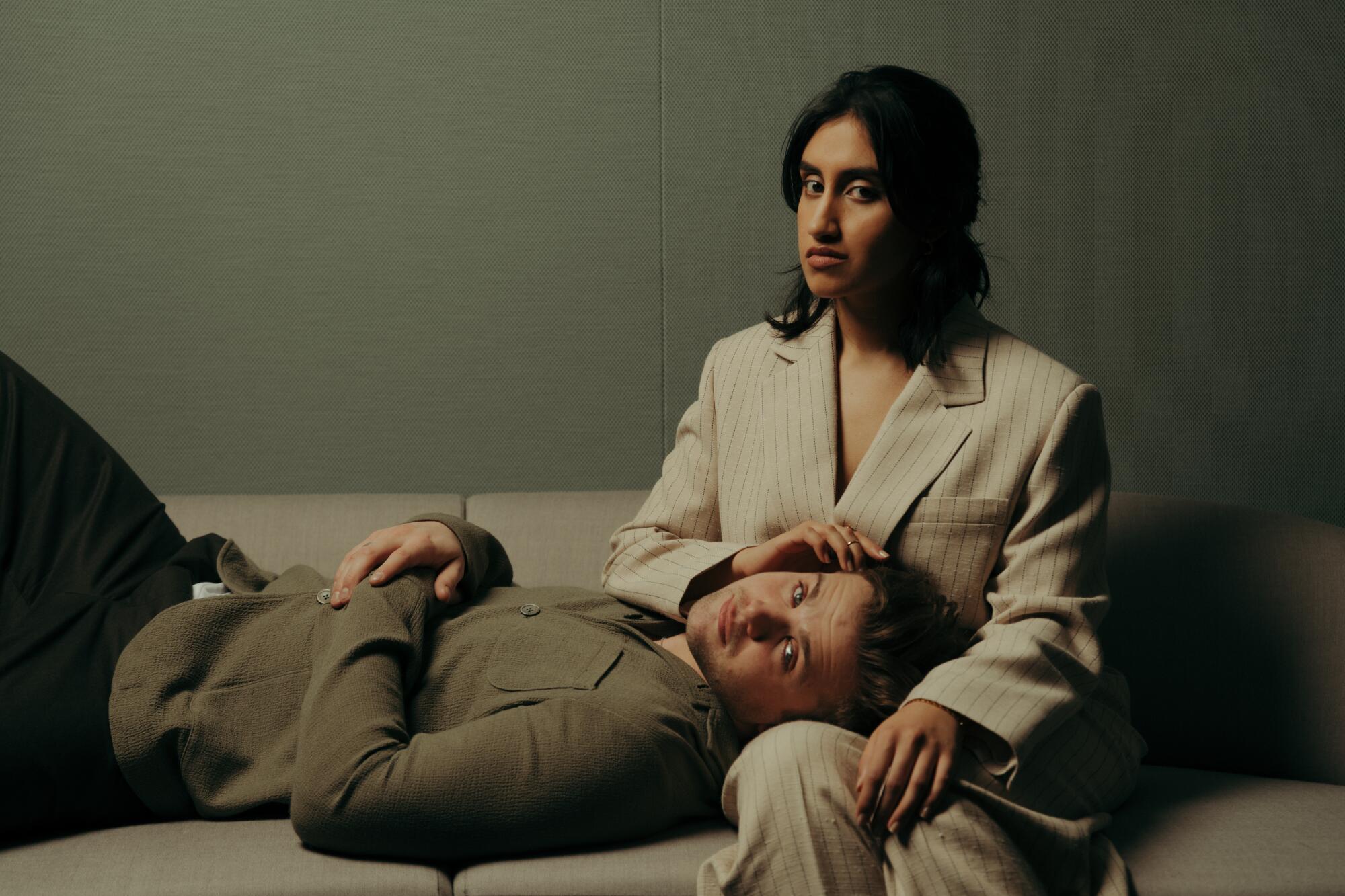
- Share via
This article contains spoilers for Netflix’s “One Day.”
Long before Netflix hooked viewers with a premise that tested whether a love connection could be formed in a matter of days in a “pod” with a glowing blue wall on “Love Is Blind,” a fictional duo had hopeful romantics yearning for a different kind of connection — a beautifully torturous 20-year slow burn.
“One Day,” David Nicholls’ bestselling novel, is a melancholic, angst-ridden portrait of a friendship between two young people that deepens and matures into a romance separated by time and timing. It was adapted for the big screen in 2011 with Anne Hathaway and Jim Sturgess. Now, the love story has been refashioned into a 14-episode Netflix series by lead writer Nicole Taylor that was released Thursday. (Nicholls is an executive producer on the series.)
Emma, played by Ambika Mod (“This Is Going to Hurt”), is smart and witty, but insecure and stubborn; Dexter, played by Leo Woodall (“The White Lotus”), is privileged and unworried, but emotionally tortured. The pair spend the night together after their college graduation in 1988 —they talk, they drink, they remove clothing, but their one-night stand doesn’t lead to sex. It sets their foundation. From there, the series checks in with them over the next 20 years on the same day (July 15) and chronicles their evolving relationship and lives as they navigate the pull of their tormented chemistry.
In a late-January Zoom conversation across time zones — Woodall and Mod joined in from their respective homes in London — the duo talked about chemistry reads, fans who enjoy the yearn, and how things end for Emma and Dexter. This interview has been condensed and edited for clarity.
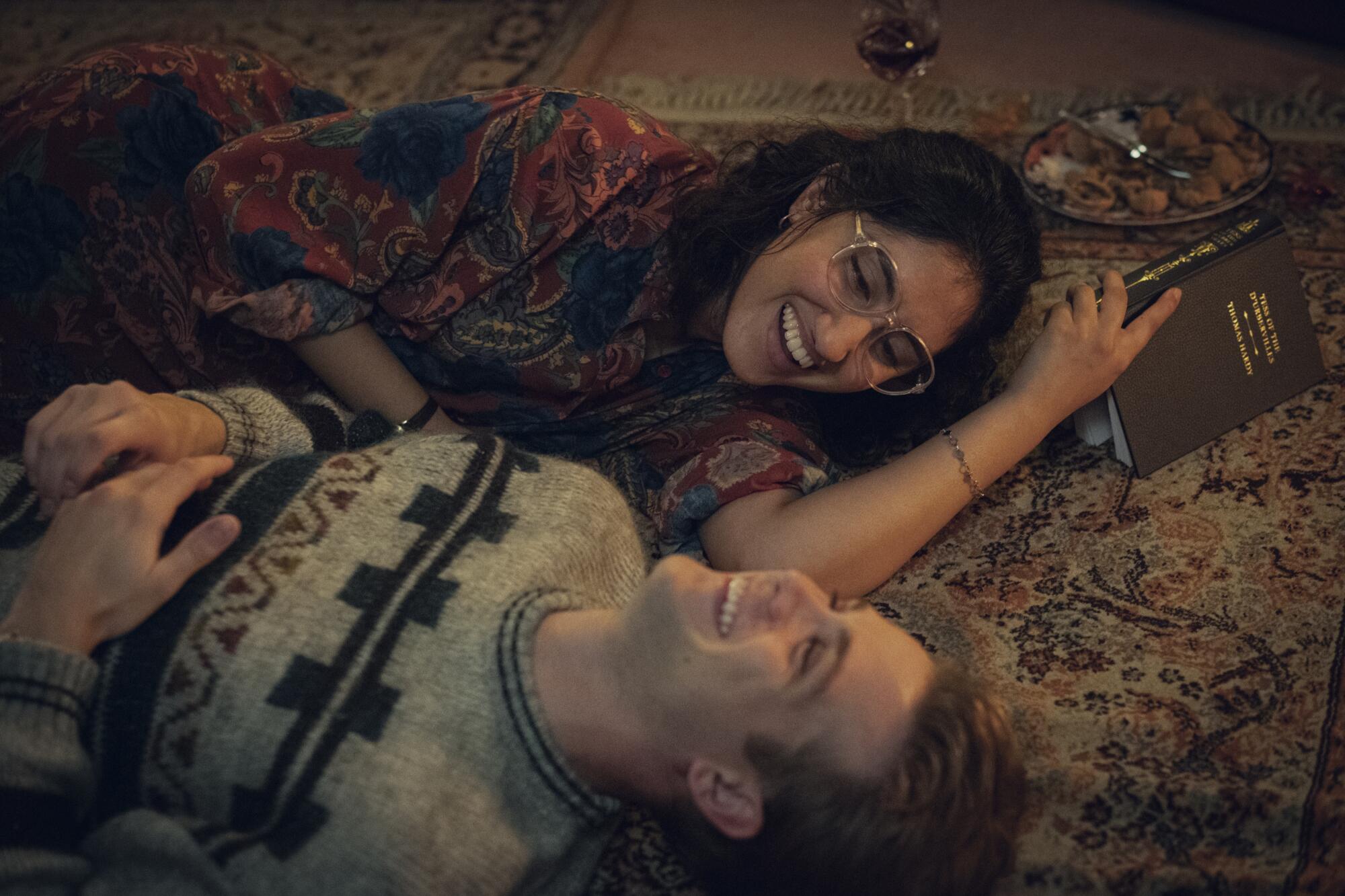
How familiar were you with David Nicholls and “One Day” before you started shooting?
Mod: I was very familiar. I had read the book ... I think when it came out. I was maybe 13 or 14. It’s always been one of my favorite books. It kind of felt really surreal to be playing this part in this adaptation because I just love the story so much.
Woodall: When I first got the audition, I watched the movie. After that, I started reading the book. But I’m a very slow reader, so I did do some of it on Audible. When it came to the final round of auditions, or scenes from the last episode in there, I had to kind of shimmy ahead. We’ve seen David countless times on set and just in general, and he’s such a humble, sweet, gentle man.
Movie review: ‘One Day’
When the show was announced, it was interesting seeing the reaction on social media of people being like, “I can’t wait to be in pain.” Why do you think we’re so drawn to the angst and the yearning?
Mod: I think so many people hold a special place in their heart for this book and this story. What I will say about the series is — as much as the ending is very sad, as much as there is all that longing, [and] there is all that angst, it’s also a very joyful story and very joyful series. It’s really nostalgic. I think, especially as we get older, especially in terms of our friendships, we all have a relationship like Emma and Dexter’s, where you meet someone and you could never have guessed so many years later how they might have impacted your life and what role they’d suddenly play in your life decades later.
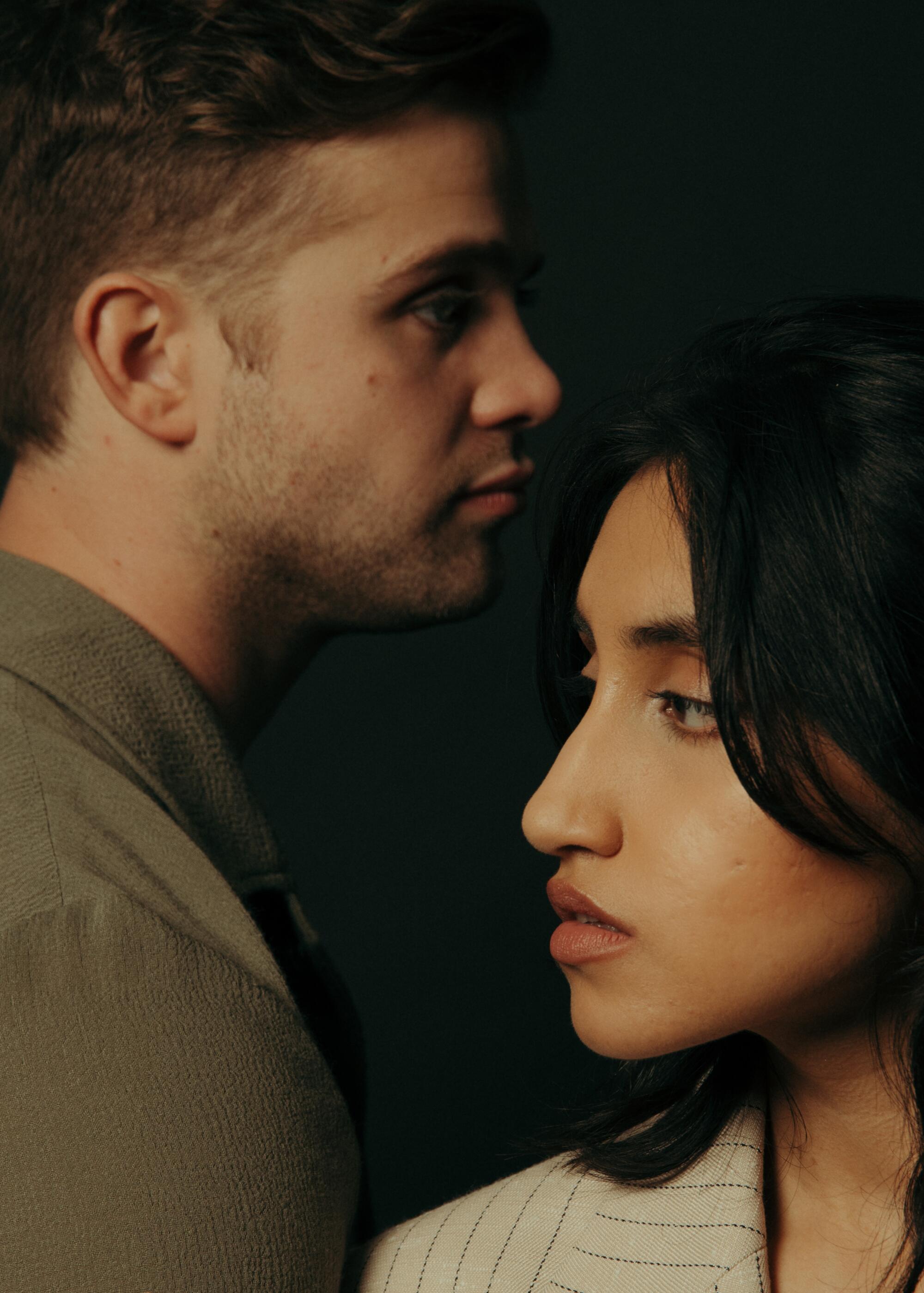
The chemistry between Emma and Dex is so crucial to the magic of their story and how it develops over time. Tell me about the chemistry read. What were the scenes that you had to do? What do you remember about meeting each other?
Mod: We met at the chemistry reads. I read with two or three other Dexters that day, you read with a few different Emmas that day. And chemistry reads are always weird because, by that point, anyone who has been called to that round could play the part. It’s just about chemistry and that’s just not in your control. It’s so hard to be aware of whether or not it’s present because you’ll know that’s being tested for.
Woodall: What were the scenes? There was the wedding scene ...
Mod: Yeah, the wedding scene, the Primrose Hill scene, and the bedroom scene from Episode 1.
Woodall: It is very weird. Like Ambika said, it is out of your control whether you have chemistry with someone or not. Maybe it’s a bit of a lottery, I don’t know. But we both were just playing our parts as truthfully as we could and hoped that that would work. I forced a couple of chemistry moments — I told Ambika that I really liked her shoes. It didn’t quite land as like, “Oh, these two are really vibing.”
Mod: Did you get in trouble for that?
Woodall: I did kind of get into trouble for that. I can say it now. But, yeah, I remember hearing that I should focus a bit more.
Mod: You do, though, try and force banter in those situations. It’s like, we need to be twins separated at birth. This needs to be perfect. So, of course, you force that stuff, especially when you’re not in the scene and you just want to do everything in your favor. Chemistry is either there or it’s not. You can’t build it. You can’t fake it.
Woodall: Do you remember in the maze scene, they hug and there’s a moment where they’re so close to each other, and we had just met —
Mod: And they kiss in the scene, but in the chemistry read, they were like, “Don’t kiss!” So we just had to be really, really close to each other. And it was a bit weird because we just met.
Is there much time for conversation before you’re going into a chemistry read or you’re just thrown in?
Woodall: Not really. I’d seen you [Ambika] outside and said hello, but she was already chatting to another potential Dexter who she already knew. I was immediately back-footed. [laughs] But, yeah, you don’t really get much time. And I learned the hard way not to take up the time of the actual chemistry read to talk about shoes.
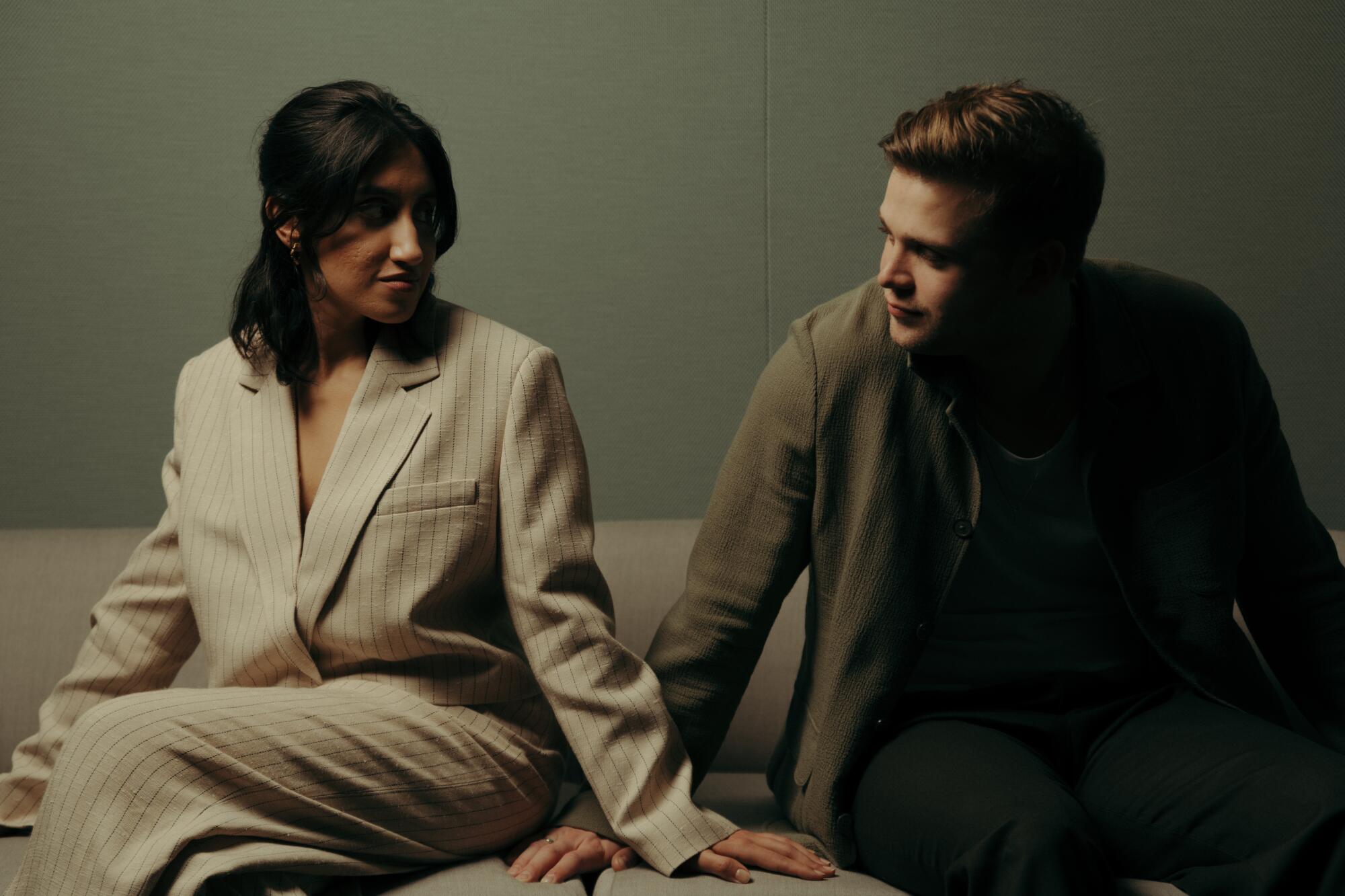
So much of what goes on between your characters is either unspoken or it is sometimes said at the wrong time. What did you make of their difficulty in saying what they were feeling?
Mod: I’ve never really thought about it like that. I suppose a real basic answer is I think people never really say what they’re really feeling. I think that miscommunication is what trips us up a lot of the time in our relationships. I think there’s a mixture of reasons why throughout the 20 years of knowing each other that Emma and Dexter have those same trip-ups. When writing is really good, it’s always about subtext; it’s always about what’s not being said. What I love about the first episode, in particular, is that it really captures that awkwardness, especially like a one-night stand. And there are so many misfires and missed connections and missed opportunities. I think that extends in a much deeper way as they become closer and their relationship becomes more platonic. I guess the closer you get with someone as a friend, the harder it is to cross that line into something more romantic.
I was reading Anne Hathaway’s thoughts on Emma and Dexter’s dynamic and she said they couldn’t have gotten together a day before they do. That they both had so much life to live and so many realizations to come to before they could be together honestly and openly. What do you think it is about them and their timing?
Woodall: It’s a double-edged sword because it is true that if they got together very early in the story — particularly where Dexter’s head is at and some of the things he wants to achieve and all the sort of fun he wants to have — it wouldn’t have worked at that point at all. But, similarly, when they did get together, yes, it was the right time and they have sort of two or three happy years together. He’s a lot more grown up and a lot more grounded and a lot more just about Emma, which is great. But then it’s almost like it’s too late because they don’t get enough time together.
Mod: Everything in relationships, especially romantic relationships, timing is everything. Timing holds so much weight and so much power and it’s about people being ready at the right time and having the same feeling at the right time. If you think about it, the chances of two people liking each other and being ready for each other at the exact same time, it’s almost a miracle. I think as much as Dexter wants to have all this fun and isn’t ready for a relationship, Emma has a lot of growing to do. She’s incredibly insecure when we first meet her and she has very low self-esteem, especially when she moves to London. She has a lot of discovering to do about who she is and what she wants and how she’s going to get it. There was a line in the final episode — Leo, do you remember? When you’re on the bed in Dexter’s house and he says, “I wasted so much time.” That was a line that was cut in the final idea. I’ve always thought it was a really, really interesting line because it’s him recognizing that it was always Emma for him and he should have held on to her when he had the chance and from early on as he could, but, realistically, it wouldn’t have worked when they got together. The fact that they grow up together and they still stick by each other‘s side says a lot.
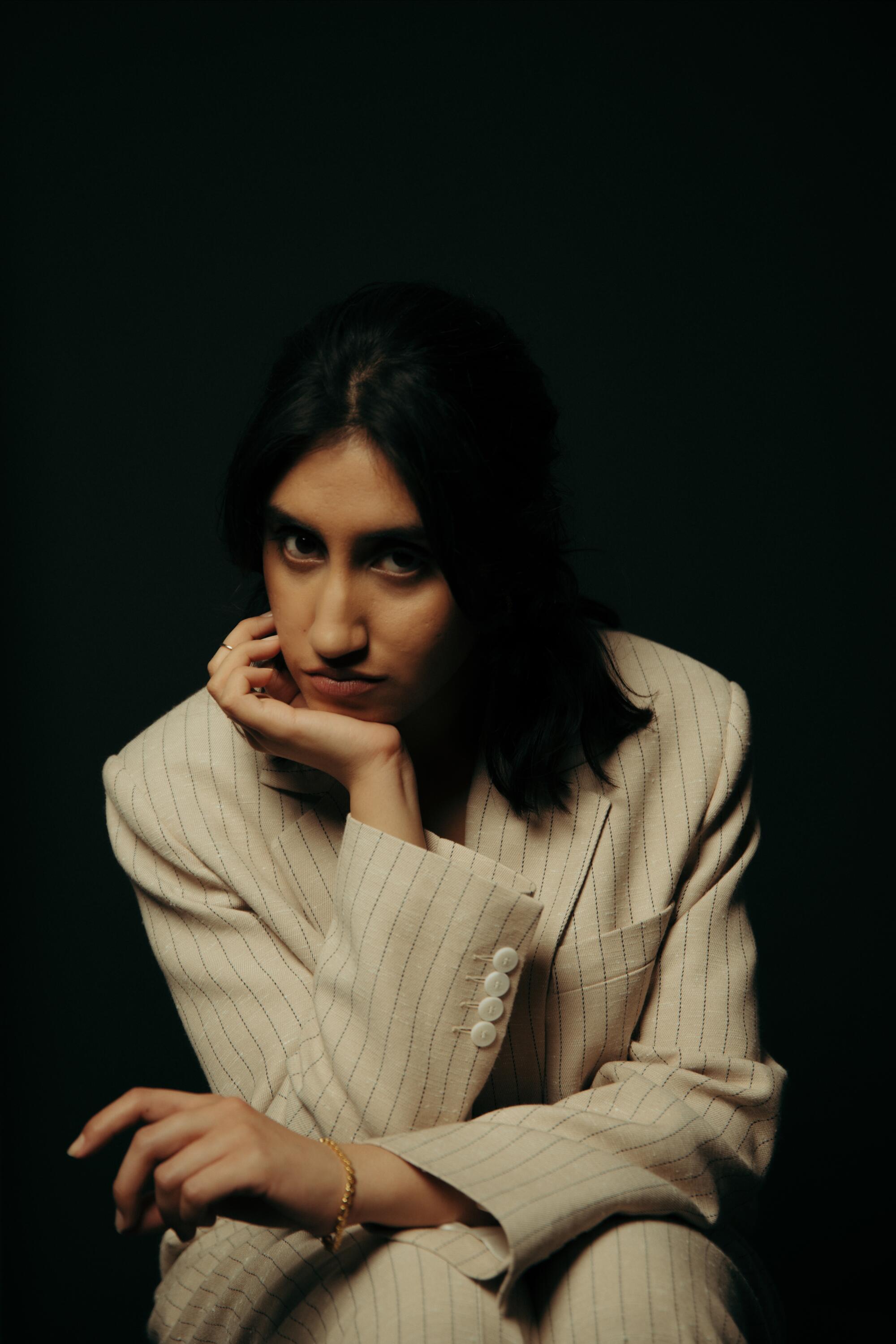
I want to talk about the falling-out of Dex and Emma. It’s Episode 7, which takes place in 1994, where they’re meeting up for dinner and it spirals and they find themselves telling each other hard truths about each other and hurting each other in the process. What did you enjoy exploring in that fracture in their relationship?
Mod: I think it’s one of the episodes I’m proudest of in the series and is actually my favorite chapter in the book. It’s one of the most remarkably written pieces of prose I’ve ever read in my life. The things that they’re saying, and the way they’re saying them is just not conveying the things that they’re thinking and feeling and wanting to say to each other. It’s so torturous. That was a really special episode because it’s literally just Emma and Dexter talking and gradually falling out over the course of a half-an-hour episode. I think something like that, where it’s a limited space and limited time, like a bottle episode in a way, is really rare. As an actor, it was such a gift to be able to explore. There was so much to mine in those scenes. John [Hardwick, the director of the episode], really let us play and asked us to surprise each other. I felt like we did the chapter in the book justice. That fallout on the street is maybe like one of the hardest pieces of material I’ve ever had to work with.
Woodall: It was like a play, wasn’t it? It was just us talking. It had been crafted so well in the script that I remember thinking, “Wow, there are so many lines in this.” But when you watch it, it just moves along so well. Before you know it, they’re at their lowest point. It was a pleasure for me to act opposite Ambika, and John was great. We were also contending with this barber.
Mod: Oh, my God. They hated us.
Woodall: This barbershop next to the alleyway. And he was deliberately sabotaging the set because he had been told by the locations managers that the shop next to him —
Mod: They started playing the music really loudly. People asked him to turn it down. And then, like, just to spite us, he kept turning it louder. So like we were doing the scene and just like hearing Rihanna be like, “Ooohhh” behind us.
Woodall: It was distracting to say the least.
An equally pivotal moment comes a few episodes later, when they see each other for the first time at Tilly’s wedding. They take that moment in the maze to talk and fill each other in on their lives. It’s a very bittersweet reunion. And there’s that moment where they share that kiss. Talk to me about how you decided to play that kiss? What kind of direction were you given for what it represented?
Woodall: I think it was always represented as an acknowledgment of what they mean to each other. It’s a moment of them saying to each other that they love each other, but that they are going in different [directions] — he’s obviously getting married and having a baby. It’s weird because it’s been about two years since they’ve seen each other, which is hard to grasp when you actually watch it. It’s been a long time. It was an acknowledgment of what they’ve been through, and the fact that they were going to be friends again, which is a weird way to seal that. [laughs]
Mod: There’s that bit that we added before that, I don’t think it’s in the book, where Emma goes to kiss him on the cheek and accidentally kisses him on the lips and it’s really quick and it’s a bit awkward. I remember thinking, “Oh, that’s interesting that they’ve added that.” Then I remember our director making a really good point that it’s almost like a gateway to the next kiss. In that moment when they’re talking, there’s that closeness and it unlocks something that allows them to have that second longer, more meaningful, more loaded kiss. I think they’re both aware of how wrong it is and what the situation is; it’s not dwelled on. As soon as it’s over, it’s over. It’s also alcohol-fueled and they’re both emotional and it’s one of those things as well where everything’s a bit heightened and they’re just a bit sensitive to everything.
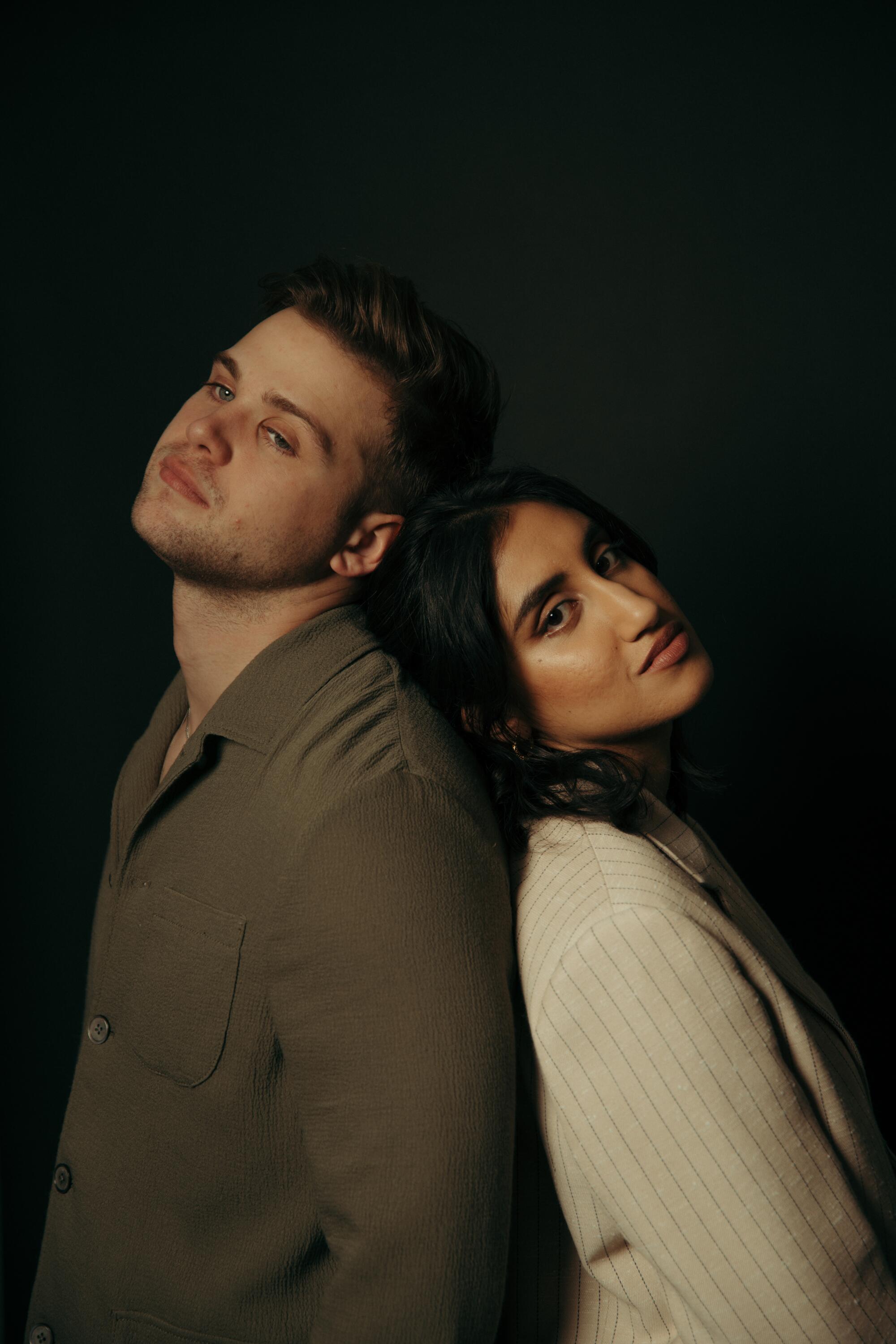
How do you feel about how the story — their story — ends?
Woodall: They’re kind of one and the same, at least for Dexter. I thought the ending of the show was so beautiful because it’s maybe easy to feel a little bit robbed that they finally get together and she dies and it could just be a very just sad ending. But it’s not. You are reminded of all the joy and all the good things that they did for each other and gave to each other. And Dex — you see him go through his stages of grief and it’s relatable. Grief like that, you don’t just get over it. But you do start to move on a bit. His relationship with Jasmine, his daughter, is really getting back on track and it feels almost just a bit hopeful that things are going to be OK. Emma will never be forgotten, she’ll always be this ... symbol in his life and other people’s lives.
Mod: The thing that’s so heartbreaking about the ending is not just the fact that she dies, but the way that it’s written in the book and the way that it plays out in the final episode, is that you are given this contrast between present-day and then the day that they first met. What’s really heartbreaking to me is the juxtaposition of all these hopes, dreams and ambitions that you have when you’re young versus how life actually turns out — and the realities, disappointments, pains and obstacles that come with growing up. What I love so much about the final episode is that speech that Emma does coming down the hill; the fact that we didn’t see it before, it really unlocked so much about their friendship. At the beginning of the series, you just think she’s madly in love with him, but actually she had so much agency in forming this friendship, you actually had so much responsibility and creating this union between them , in hindsight, is a really special thing for Dexter to look back on. And then for us to also discover. It’s just very sad.
More to Read
The complete guide to home viewing
Get Screen Gab for everything about the TV shows and streaming movies everyone’s talking about.
You may occasionally receive promotional content from the Los Angeles Times.







